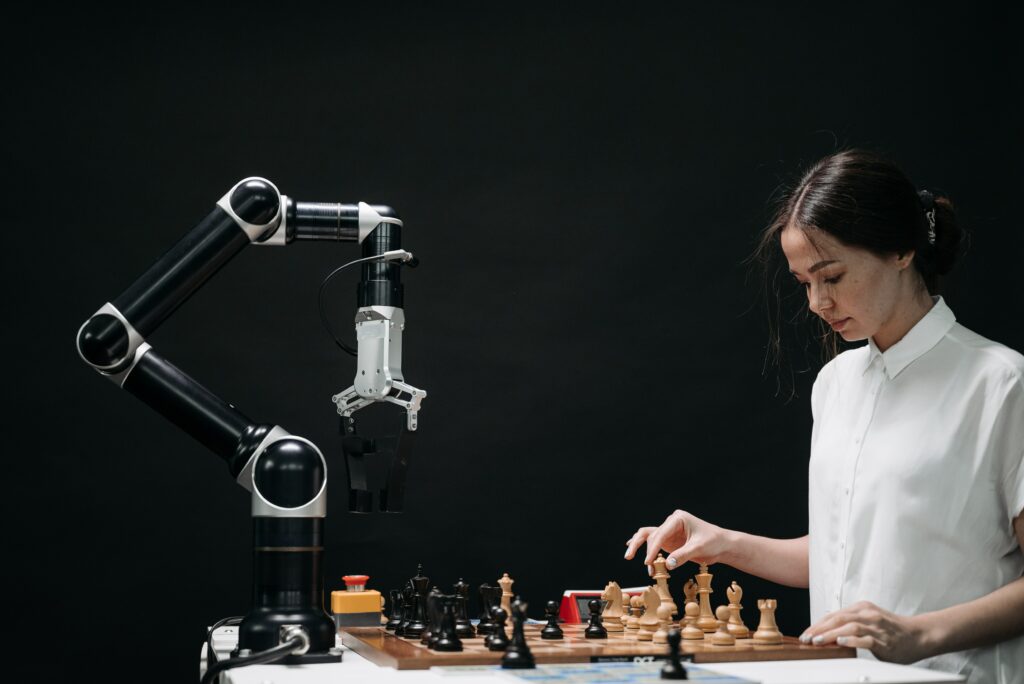Today we started our class by discussing the 2015 documentary “Most Likely to Succeed” about the alternative school, High Tech High, in San Diego, California. This high school focuses on student-led inquiry and prioritizes stimulating innovative thinking in their students over rote content memorization. I was intrigued by the idea of increasing the depth of understanding on a few areas of subjects, rather than covering a wider breadth of knowledge as we see in the public school system. I particularly loved the analogy presented in the film that teachers should think of themselves as gardeners as opposed to engineers who support learners but allow them to do their own growing (learning). I think that this is an important perspective that is often lacking in our current public school system. High Tech High is reimagining education by trying something new to prepare students for future jobs that do not exist yet, and I think that our public school system would benefit from incorporating some of these approaches.

We also discussed the artificial intelligence (AI) writing tool called “ChatGPT” which can write essays on any topic and has the potential to change English education. This tool can also be used to write anything from sport game summaries to lesson plans to children’s books. For me, as a new teacher, the application to developing lesson plan outlines is exciting and has the potential to save a lot of time; however, it is important to note that the resulting material would still have to be reviewed in relation to the BC Curriculum and the lessons augmented with alternatives (so parents please don’t worry that your children will be taught by robots any time soon!).
With regards to AI-generated essays, our cohort mainly discussed the concerns around plagiarism. The concerns that come to mind first are around where the program is pulling information from (i.e., are they reputable sources), the lack of citations, and the fact that students could submit an AI-generated essay as their own writing. One way of successfully utilizing this program in a classroom that we discussed could be to have students write a question or prompt to enter into ChatGPT, and then have the students critically evaluate the response generated as part of their assignment. I would argue that this activity has the potential to promote deeper thinking than simply preparing an informational summary in essay form. Finally, my group discussed a situation in which someone used an AI tool to write and illustrate a children’s book. Apparently the publication of this book prompted controversy about the ethics of AI-generated art (see this article by Nik Popli for more information) and, in addition, some argue that the book isn’t even very well written. I think these situations illuminates that AI is progressing faster than we can keep up legally, culturally and socially.

Overall, I am intrigued by these new applications of AI; however, I believe that as educators we have a big job ahead of us to appropriately incorporate these tools into our classrooms and prepare our students for an ever-changing future.
Leave a Reply
You must be logged in to post a comment.